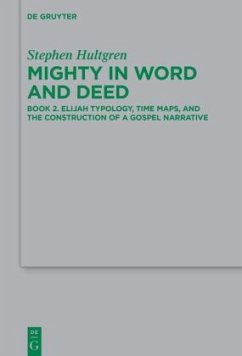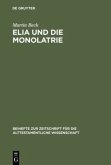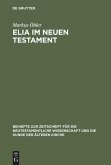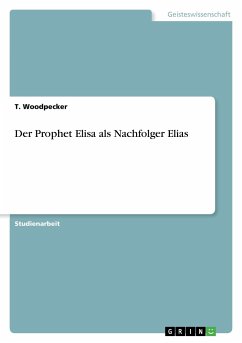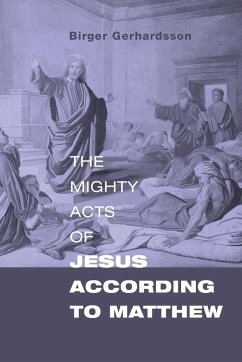The second of a two-volume work continues the social memory approach of the first volume, seeking social frameworks of memory and narrative patterns of social significance that can explain the construction of a gospel as an extended narrative about Jesus, including his words and deeds. This volume focuses on Elijah (and Elisha) typology in the gospels, these prophets serving as major "figures of memory" in the construction of gospel narrative. It shows how traditions preserved in Mark and Q functioned to raise the question of Jesus's identity vis-à-vis Elijah, to offer answers to the question, and to locate stories about Jesus on one or more "time maps," thereby establishing the basis for an extended narrative about Jesus. It also demonstrates how extended gospel narrative functioned to integrate memories of Jesus into different frameworks of Christological interpretation.
Bitte wählen Sie Ihr Anliegen aus.
Rechnungen
Retourenschein anfordern
Bestellstatus
Storno

